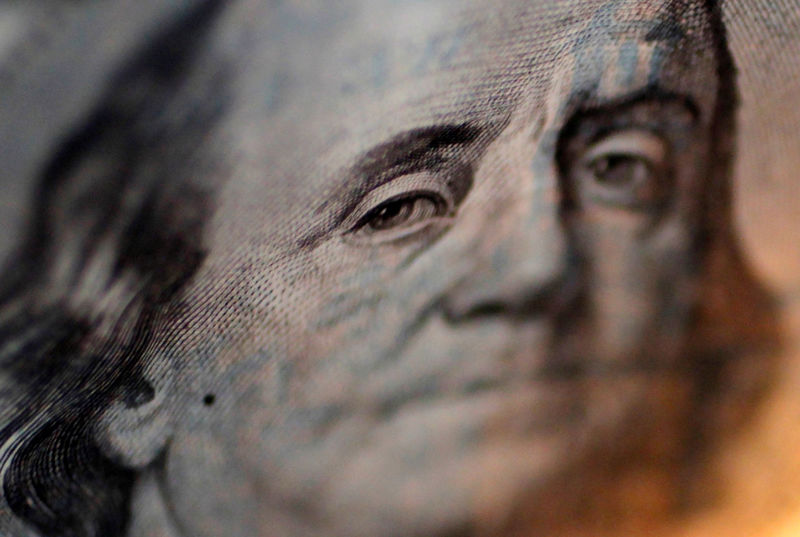By Ambar Warrick
Investing.com-- Most Asian currencies fell on Monday, while the dollar firmed as a rally in oil markets, following a surprise OPEC+ production cut, brewed concerns that inflation could remain buoyed by high fuel prices.
A raft of weak Asian economic data also weighed, as a post-COVID rebound in China appeared to be running out of steam. The Chinese yuan lost 0.3% after a private survey showed that the country’s manufacturing sector barely expanded in March amid weakening output and demand.
Softening growth in China bodes poorly for broader Asian markets, given their dependence on the country as a trading hub.
On the other hand, the dollar firmed sharply against a basket of currencies, with the dollar index and dollar index futures up 0.5% each. The jump corresponded with a surge in oil prices, which came after the Organization of Petroleum Exporting Countries and allies unexpectedly cut production by over 1 million barrels per day.
The move points to higher fuel costs across the globe, which in turn could feed into inflation in the coming months. This notion saw markets begin pricing in a greater chance of more interest rate hikes by the Federal Reserve, according to Fed Funds futures prices.
Markets largely looked past data on Friday which showed that U.S. inflation eased slightly more than expected in February. Focus this week is squarely on nonfarm payrolls data for March, due Friday, for more cues on monetary policy.
Other Asian currencies retreated, with the Japanese yen down 0.5% as data that the country’s manufacturing sector remained in contraction through March. Capital expenditure among the country’s largest producers also read smaller than expected in the first quarter of 2023.
The Thai baht led losses across Southeast Asia with a 0.7% drop, while the Indian rupee lost 0.3%, and was likely set for more weakness due to pressure from high oil prices.
Still, losses in the rupee were limited ahead of a Reserve Bank of India meeting on Thursday, with the bank signaling that it is likely to raise interest rates further.
The Australian dollar fell 0.3%, also coming under pressure from growing bets that the Reserve Bank of Australia will pause its rate hike cycle when it meets on Tuesday.
The South Korean won was the worst performer in Asia for the day, down 0.8%, while the Taiwan dollar lost 0.4%.
